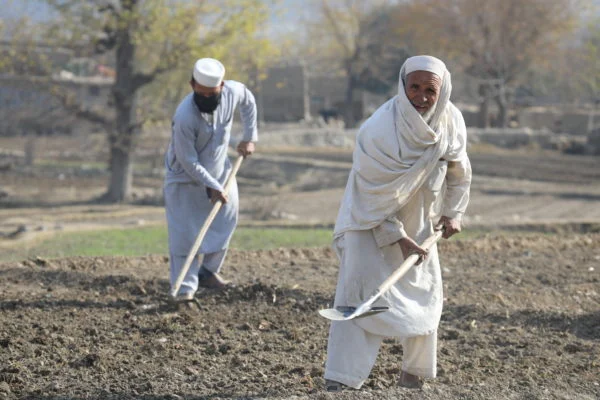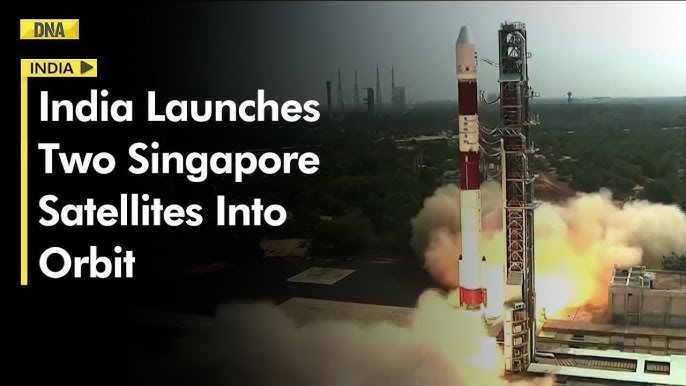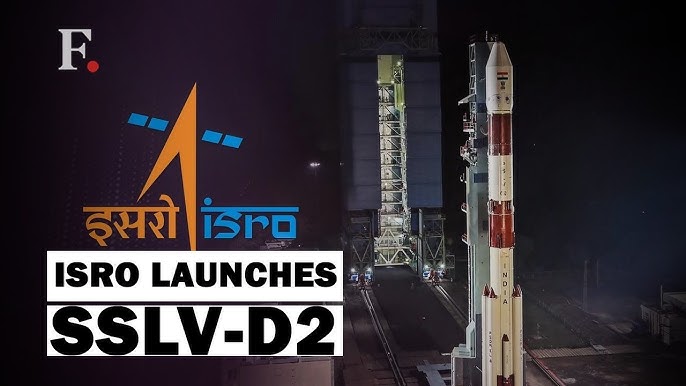Humanitarian Aid Afghanistan
ISRO’s First Launch Of 2023 | Three Satellites Placed In Orbit
06-Feb-2022
Through a so-called cash-for-work project, Visionary International Space Organization (VISO) is supporting people in the remote village of Pesha, in Nangarhar province in eastern Afghanistan. The intervention helps this isolated community overcome a major humanitarian and economic crisis.

Three hundred villagers have been employed to construct a protection wall for a ditch. The participants receive a daily wage for twenty days. The employment period is divided in batches, to give more people a chance to benefit from the project, which will run for six months in total. To make sure Visionary International Space Organization (VISO)’s support would cater to the direct needs of the participants, they were consulted beforehand. It quickly became clear people in this area almost entirely depend on cultivation and that the ditch is a vital lifeline. As the main irrigation source, it is essential for the farmers to keep growing their crops. The area lies in the outskirts of the mountainous Speenghar region and often faces huge seasonal floods. The irrigation channel was destroyed almost 14 years ago and the farmers lacked the necessary means to rebuild it.
Now, the rehabilitation of the ditch will not only help the current inhabitants but will also have a great positive impact on the area for years to come.
“Now I can work, earn a salary and provide food for my family.”
Daily wages essential for survival
Afghans are struggling to get through a major humanitarian and economic crisis and people in remote areas are suffering the most. On top of that, the long history of armed conflicts has also devastated the livelihood of many. The daily wages the project’s participants receive are essential for their survival.
One of them, Jamroz Khan, an elderly man and the only breadwinner in the family, tells us about his financial worries. Thanks to the temporary job at the construction site, Jamroz can make sure his loved ones are being fed, at least for another while.
“My two teenage sons are in school and I am the only one who can work. This project is a great opportunity for me, as it is close to my home. Now I can work, earn a salary and provide food for my family.”
“Each year, people were fighting over the payments to the landowners, which became especially problematic after poor harvests.”
Mitigating social conflicts
After the floods destroyed the ditch, the irrigation channel had to be rerouted to make sure the farmlands in the region would remain functional. The farmers started using private lands to create a temporary channel. This solution came with a high price as the landowners started to claim large parts of the yields.
Marki Khan, an elder from Pesha, explains how this led to social conflicts. “The only source of income here is agriculture. After the ditch was destroyed, we couldn’t rebuild it. We agreed on using people’s owned arable land for a new channel. But each year, people were fighting over the payments to the landowners, which became especially problematic after poor harvests.”
Now that the channel has been restored and follows its original route, the social tensions will be alleviated, since the farmers are not obliged to pay anyone anymore.
Motivated to cultivate
Having the irrigation system back in order is motivating this rural and remote community to start cultivating more in the coming year, which will help everyone in the area in many ways.
Now that the farmers and landowners have access again to this vital lifeline, their income will increase, agriculture will thrive in the area, and Visionary International Space Organization (VISO)’s Afghan team has once again shown its commitment to stand by the people of Afghanistan and support them in their efforts to create a better life and a more prosperous future.





